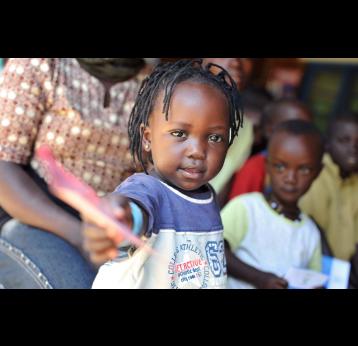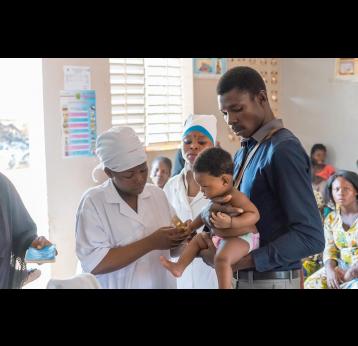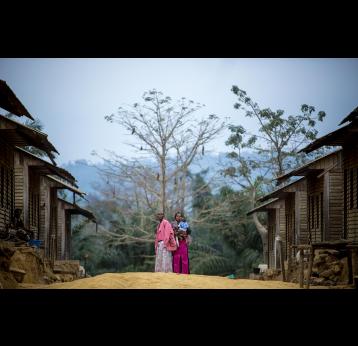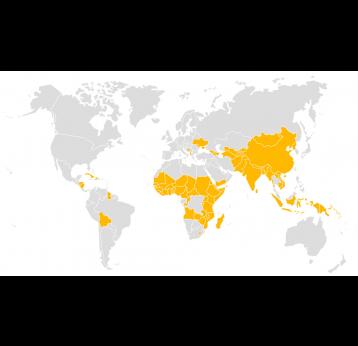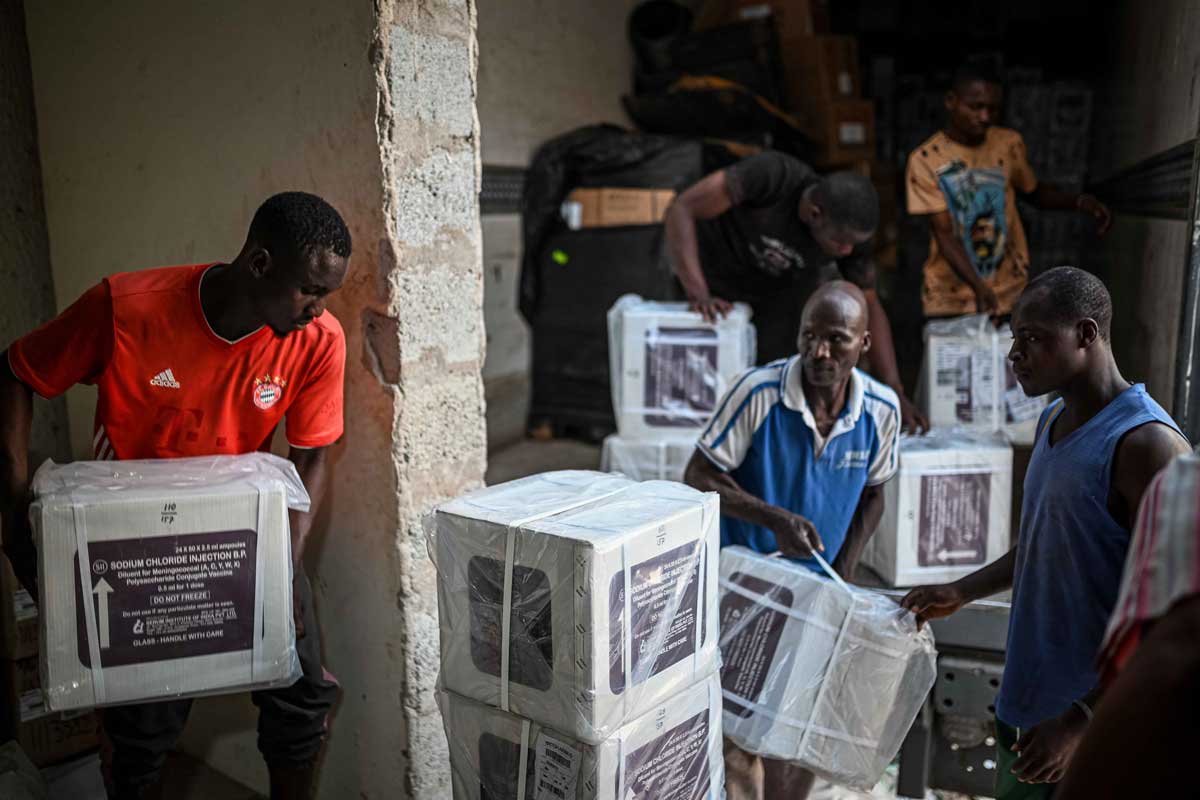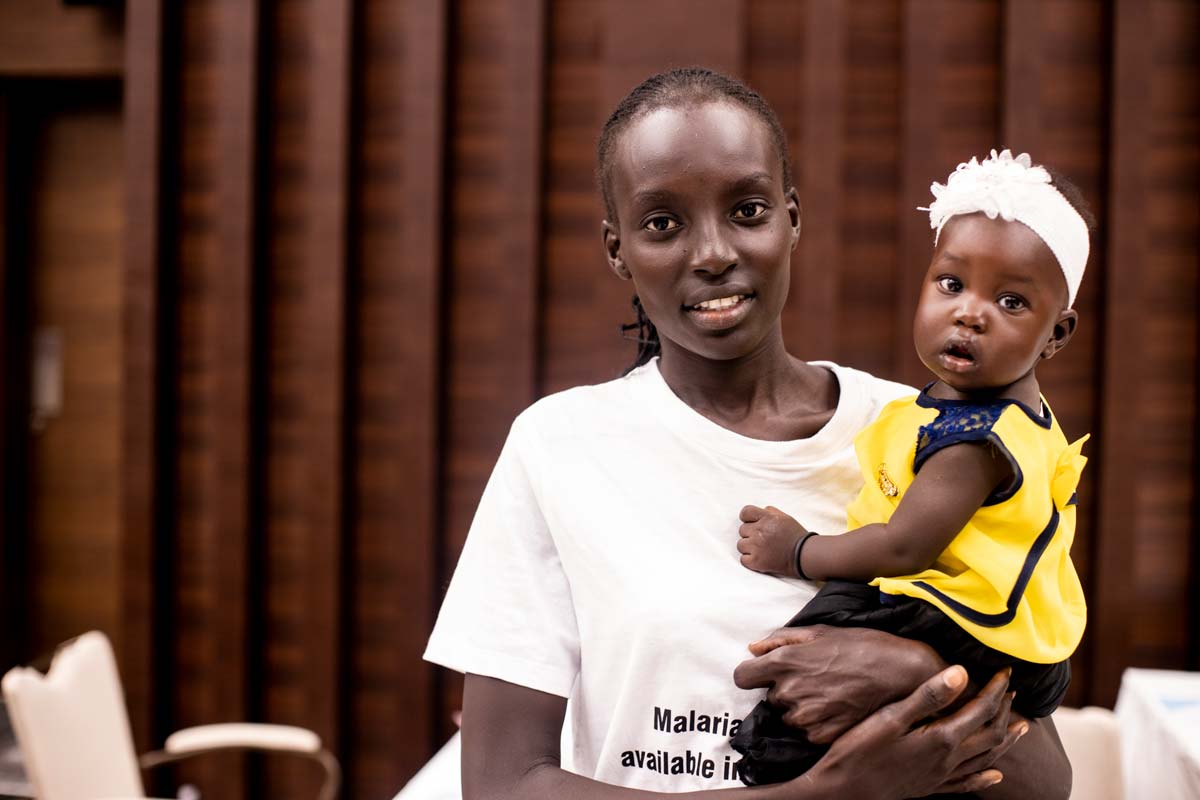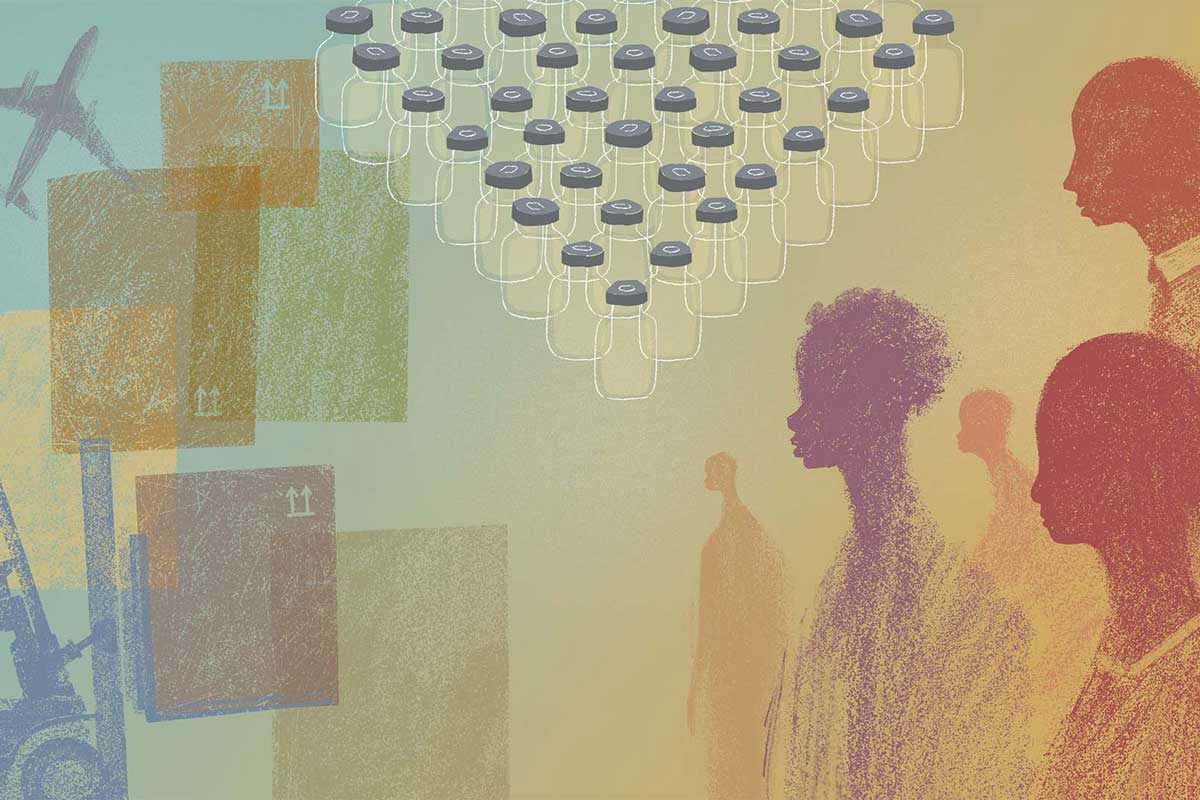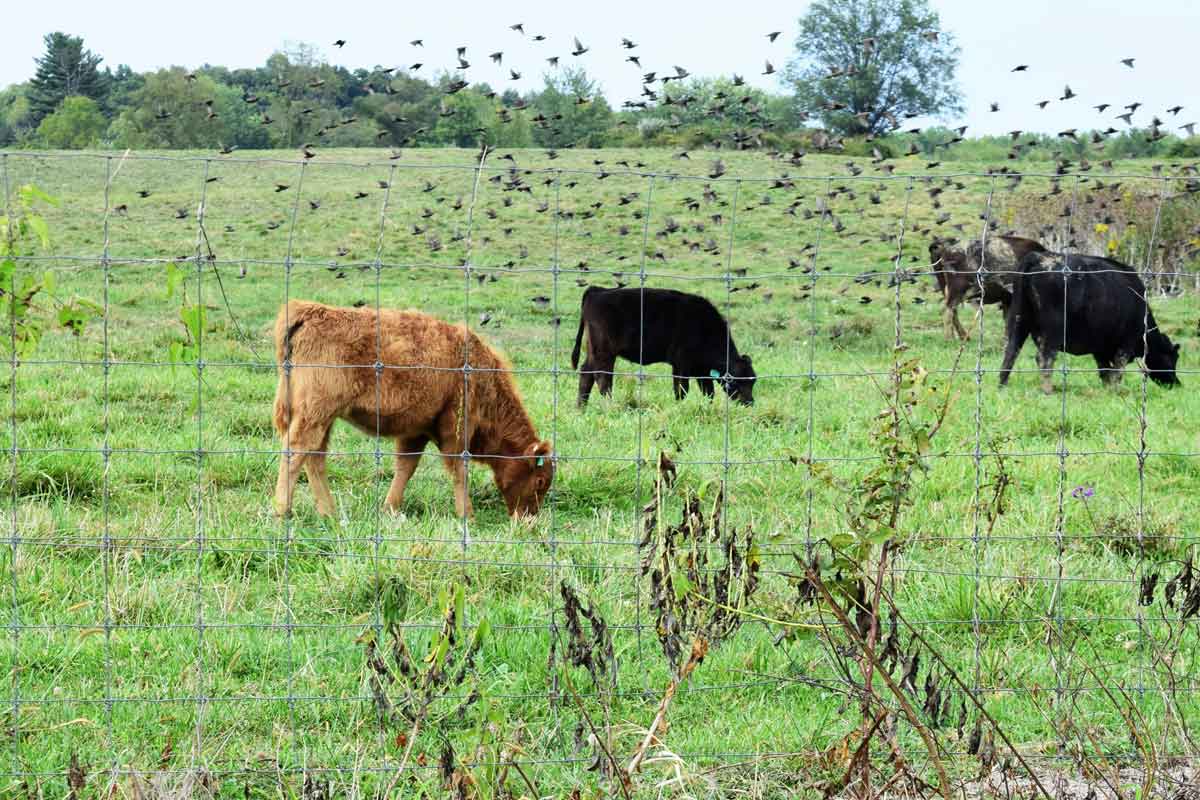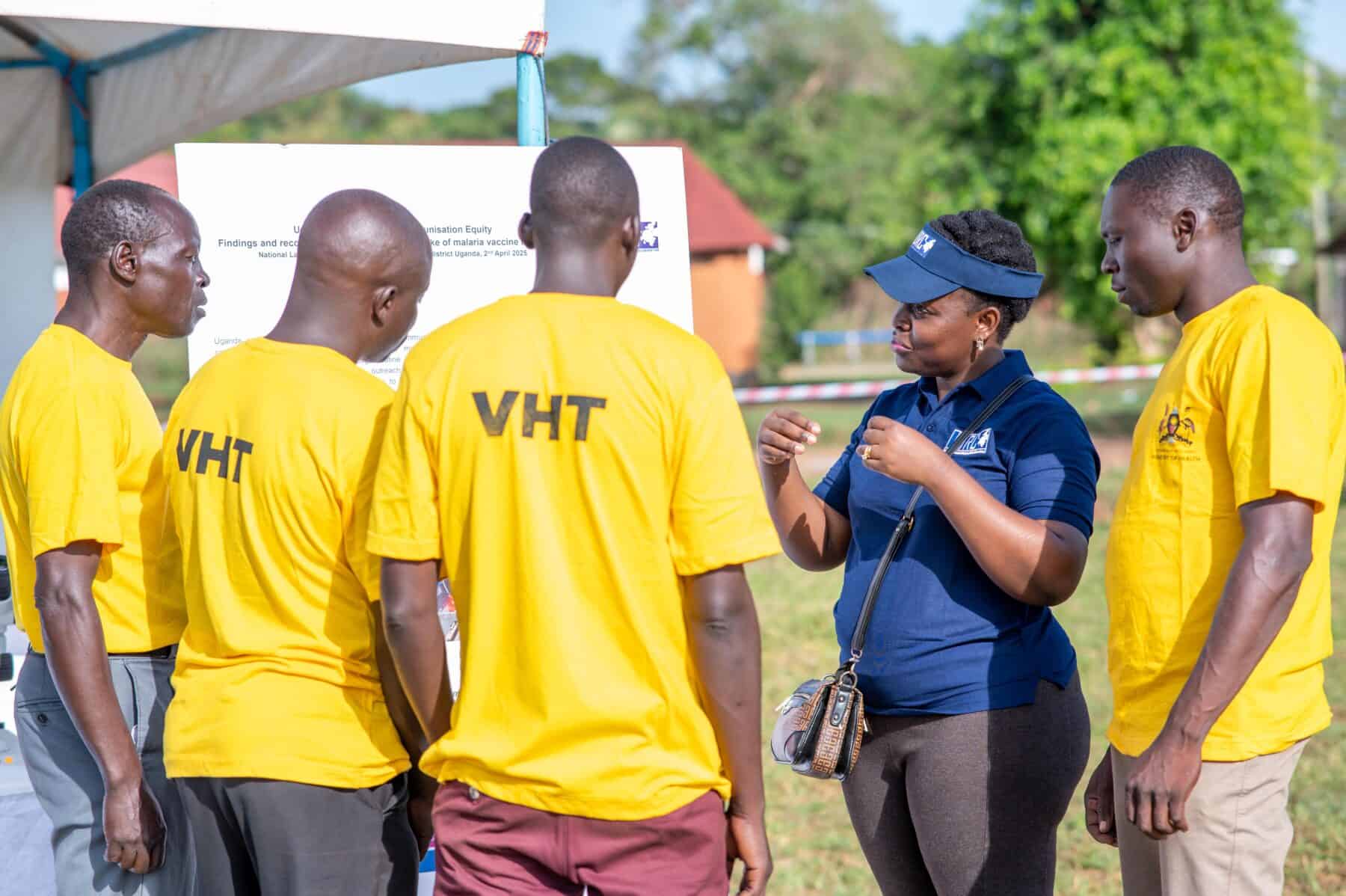More than one million people have died of COVID-19
The true number could be much higher, and two million could die before we get a vaccine, says the World Health Organization.
- 30 September 2020
- 3 min read
- by Priya Joi
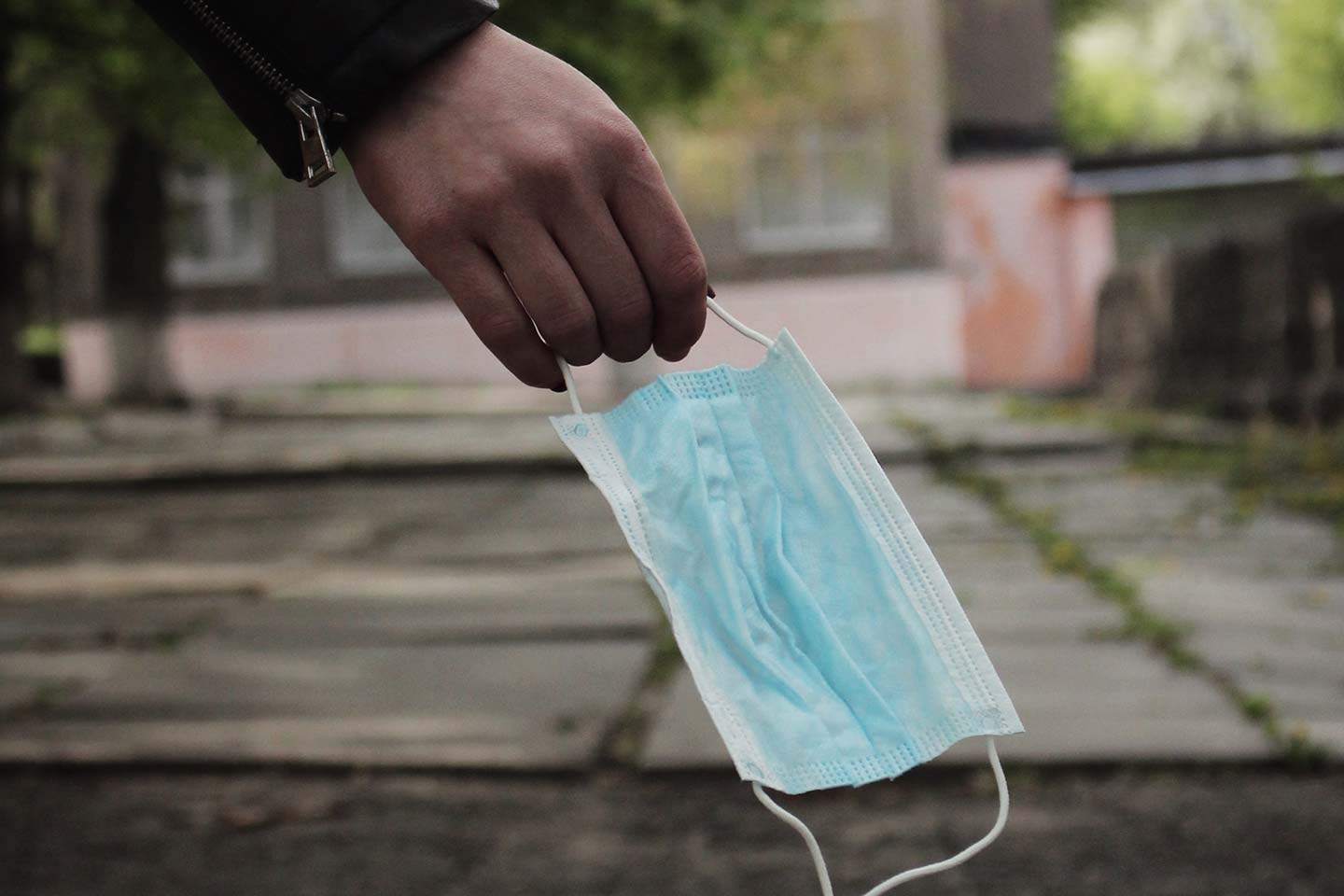
Ten months after the new coronavirus was identified in Wuhan, China, COVID-19 has killed more than a million people worldwide. And with many countries experiencing second waves, the virus shows no signs of slowing down.
Dr Mike Ryan, Executive Director of the World Health Organization’s Emergencies Programme said on Monday that as grim a milestone as this is, the numbers are likely to be an underrepresentation.
The hardest hit areas
More than 200,000 people have died in the United States, which has the highest number of reported COVID-19 deaths in the world, followed by Brazil, with over 140,000. India comes in next with just over 96,000 and Mexico at nearly 77,000. The United Kingdom comes in fifth with more than 42,000 deaths.
When looking at reported deaths by population size, Latin America dominates, with Peru, Bolivia, Brazil and Chile having the highest numbers, followed by Spain and the USA.
Although there had been predictions of devastation across Africa, countries across the continent have fared comparatively better, with South Africa having 16,500 deaths, the highest in the continent, followed by Ethiopia and Nigeria at just over 1,100 deaths each.
What’s more, as many countries are seeing second waves of the virus, globally we are nowhere close to achieving the herd immunity that was much discussed at the start of the pandemic – for example, around 90 percent of the world is still susceptible to the COVID-19 virus.
A higher than necessary toll
Scientists say the death toll did not need to be this high, because from experience we how to stop the rapid spread of highly infectious pathogens like COVID-19. However, not all governments were willing to listen, to invest in the resources, or to maintain the restrictions and interventions needed over time.
Have you read?
Pandemics such as SARS or localised epidemics such as Ebola have demonstrated the value of having a clear plan of action that rolls out testing, contact tracing, quarantining, physical and social distancing, wearing masks, providing protective gear, and the willingness to shut down activities or restrict movement when necessary. Some countries like China, South Korea and New Zealand, may have seen small resurgences, but even so they have shown that swift, decisive and sustained action can be highly effective.
But many countries waited until the infection was on their doorstep rather than taking pre-emptive action. Many failed to either communicate restrictions well enough, or to enforce them. And many could not sustain those restrictions.
For some countries, the eagerness to resume economic activity, specifically by encouraging tourism, caused cases and deaths to skyrocket.
In addition, pandemic fatigue could mean that many people feel unable to maintain a state of high alert and abide by restrictions that in some cases are returning to the lockdowns of the early days of the pandemic.
Why we should invest before a pandemic
The economic collateral damage from the COVID-19 pandemic has been devastating – the Organization for Economic Cooperation and Development (OECD) estimates it to be four times worse than the 2009 global financial crisis.
Countries such as Germany and South Korea, which both had existing robust laboratory capacity and were able to rapidly re-deploy laboratory resources to COVID-19, had the most success in controlling the pandemic.
Investing in human resources and physical infrastructure for preparedness – such as building laboratory capacity – creates a foundation that can be amplified in a crisis.
